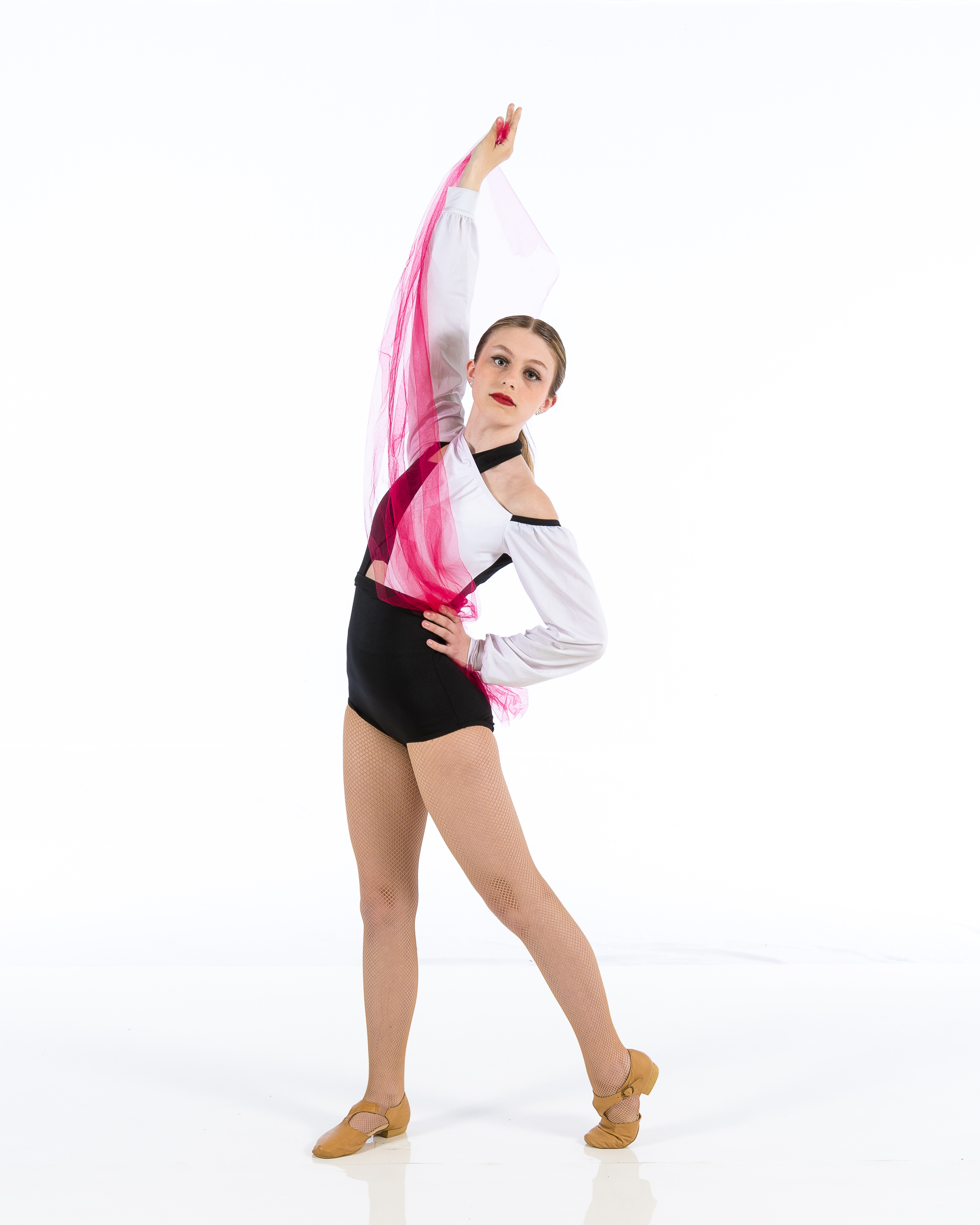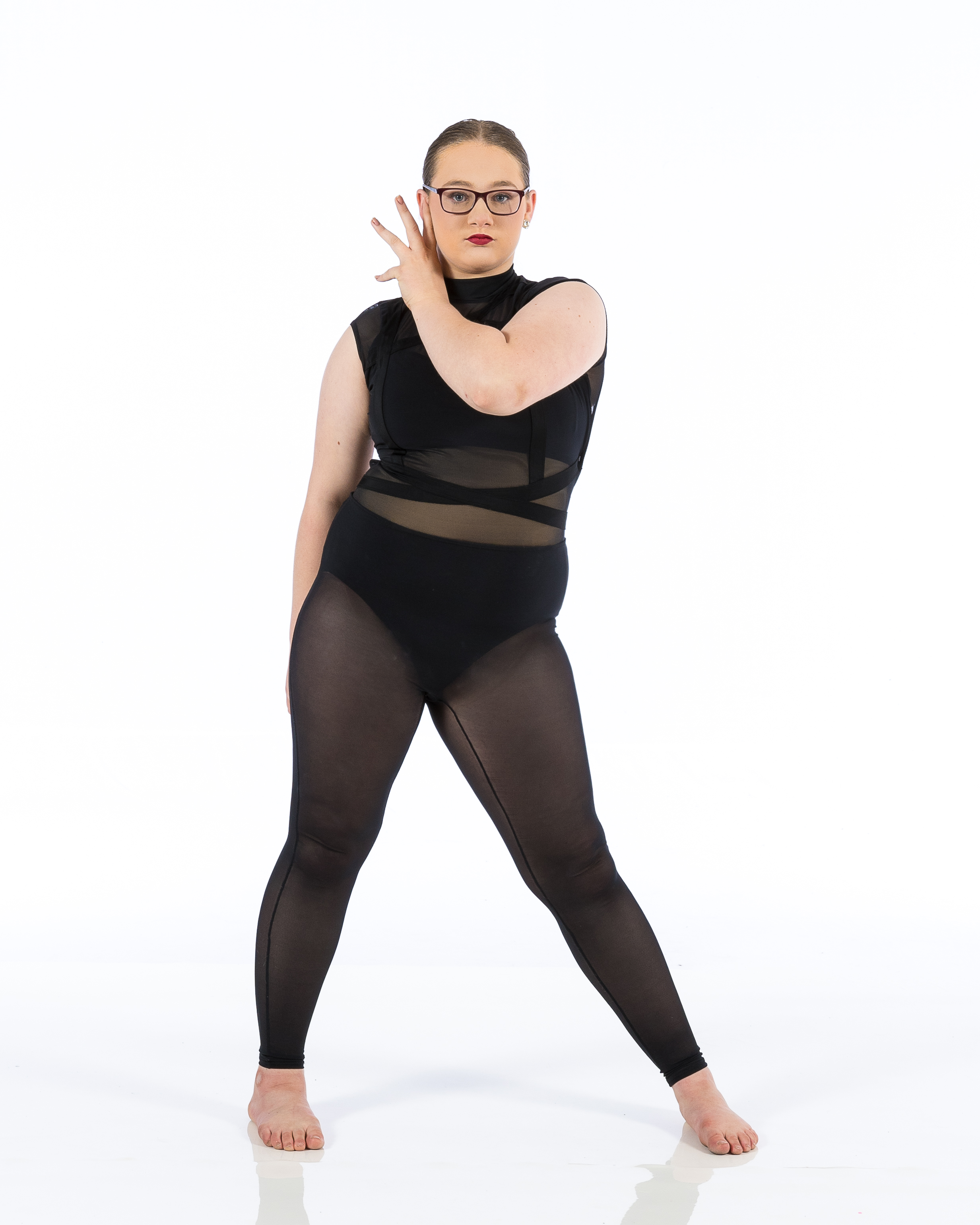Dancing is an art form that transcends boundaries, cultures, and generations. Whether you’re a seasoned performer or a curious newcomer stepping into your first dance studio, understanding the unspoken rules and etiquette is crucial. This article, Mind Your Manners! Essential Do's for Every New Dancer, will guide you through the essential behaviors expected in any dance environment.
The Importance of Dance Etiquette
Dance etiquette is not merely about following rules; it’s about creating a respectful atmosphere where everyone can thrive. When dancers observe proper manners, they foster an environment of mutual respect and camaraderie. This article aims to equip you with the fundamental do's of dance etiquette suitable for any dance studio.
What is Dance Etiquette?
Dance etiquette refers to the unwritten rules and expectations that govern behavior within a dance setting. From maintaining personal space to respecting instructors and fellow dancers, these guidelines ensure a harmonious experience for everyone involved.

Why Does It Matter?
Adhering to dance etiquette:
- Promotes Safety: A well-organized space minimizes accidents. Encourages Learning: Everyone feels comfortable sharing their skills. Builds Community: Respectful interactions foster friendships.
Mind Your Manners! Essential Do's for Every New Dancer
As a new dancer, understanding what’s expected of you can make your journey smoother and more enjoyable. The following do’s will set you on the right path in your dancing endeavors.
Do Arrive On Time
Punctuality is vital in any class or rehearsal. Arriving late disrupts not only your learning but also that of others.
Why Is Punctuality Important?
Being on time shows respect for your instructor and classmates. It allows you to warm up properly, which reduces the risk of injury.
Do Dress Appropriately
Your attire communicates your seriousness about dancing. Most studios have specific dress codes, so be sure to adhere to them.
What Should I Wear?
- Comfortable clothing that allows movement Appropriate footwear (ballet shoes, jazz shoes) Hair tied back neatly
Do Warm Up Before Class
Warming up prepares your body for the physical demands of dancing. Skipping this step can lead to injuries.
How Can I Warm Up Effectively?
A good warm-up includes:
Light cardio (jogging in place) Stretching major muscle groups Practicing basic movements relevant to your styleDo Pay Attention to Your Instructor
Instructors are there to guide you through techniques and choreography. Engaging with them helps you absorb information effectively.
What Does Paying Attention Look Like?
- Maintain eye contact Refrain from side conversations Take notes if necessary
Do Respect Personal Space
Every dancer has their comfort zone regarding personal space, particularly during partnered dances or group classes.
How Can I Respect Personal Space?
Keep a safe distance when practicing steps and be mindful when moving around the studio.
Do Practice Good Hygiene
A dance studio can become hot and sweaty quickly. Maintaining good hygiene shows respect for yourself and others.
What Hygiene Practices Should I Follow?
Regularly shower before class Use deodorant Launder dancewear frequentlyDo Be Supportive of Fellow Dancers
Whether you're in class or performing on stage, uplifting one another enhances everyone’s experience.
How Can I Show Support?
- Offer compliments on progress Share feedback constructively Celebrate each other’s achievements
Do Ask Questions When Unsure
If you're confused about a move or concept, don't hesitate to ask your instructor for clarification.
Why is Asking Questions Important?
Clarifying doubts ensures you grasp concepts correctly, fostering better learning outcomes.
Do Maintain Focus During Class Time
Distractions can hinder both your learning and that of others around you. Keep distractions at bay during instructional time.
How Can I Stay Focused?
Avoid using your phone during class unless it's an emergency, and stay engaged with what’s being taught.
Exploring Common Dance Studio Scenarios: Etiquette in Action
Understanding etiquette isn’t just about individual actions; it involves navigating various scenarios within the studio setting as well.
1. Group Classes: Respecting Others' Learning Environment
In group classes, it’s vital to create a supportive atmosphere conducive to everyone's growth.
- How Can You Contribute?
- Remain silent when others are speaking. Avoid monopolizing attention.
2. Partner Work: Communication is Key
When engaging in partner work, clear communication ensures both partners feel comfortable and respected.
- What Should You Discuss?
Before beginning:
- Discuss comfort levels with certain moves.
3. Performing: Sharing the Spotlight
Performance opportunities provide valuable experience but require sensitivity towards fellow performers’ feelings as well as audience engagement practices.
- How Can You Share the Limelight?
Celebrate every dancer's contribution by acknowledging their efforts post-performance!

The Role of Feedback in Dance Etiquette
Feedback is an essential part of growing as a dancer; however, how it's given matters significantly!
Constructive vs Destructive Criticism
Understanding how feedback works can help shape positive interactions within any dance community!
| Type | Definition | Example | |------|------------|---------| | Constructive | Aimed at improvement | "Try shifting your weight more evenly." | | Destructive | Aimed at belittlement | "You’ll never get this right." |
Navigating Social Dynamics Within Dance Studios
Social dynamics play an integral role in how relationships develop among dancers!
Building Friendships Through Shared Passion
Forming bonds over shared interests strengthens connections between dancers!
- How Can You Initiate Friendships?
Attend social events hosted by studios—networking helps solidify relationships!
The Dos & Don’ts of Dance Competitions
Competitions introduce another layer of etiquette that new dancers should be aware of!
Do Prepare Thoroughly
Preparation showcases professionalism while also demonstrating respect towards judges’ time!
- What Should You Focus On?
1) Routine perfection 2) Stage presence 3) Costuming choices
Handling Mistakes Gracefully While Dancing
Mistakes happen; how we respond reflects our character more than anything else!
Do Embrace Imperfection
Acknowledging errors rather than dwelling on them promotes resilience amongst peers!
- How Should You Respond If You Mess Up?
1) Smile confidently 2) Keep moving forward 3) Laugh it off
Concluding Thoughts on Dance Etiquette
Understanding proper conduct within a dance environment sets you up not just as a competent performer but also as someone who embodies gracefulness offstage too!
In conclusion, adhering closely to these essential do’s will enhance both yours’—and everyone else's—experiences within any given framework—be it rehearsals or competitions alike! Ultimately remember this: it takes humility paired with kindness towards oneself & others combined together—making each moment spent dancing even more worthwhile!
FAQs About Dance Studio Etiquette
1. What should I wear for my first dance class?
You should wear comfortable clothes that allow free movement along with appropriate footwear like ballet shoes or jazz sneakers depending on your discipline.
2. Is it okay to talk during class?
It’s best practice not to engage in side conversations while instruction is happening; wait until designated breaks instead!
3. How early should I arrive before class starts?
Aim for at least ten minutes early so you have ample time for warm-ups without feeling rushed into starting immediately!
4. Are there specific hygiene practices I should follow?
Absolutely! Shower regularly before attending classes; use deodorant daily & wash all items related directly after usage regularly too—they'll appreciate it greatly!
5.Can feedback ever be damaging?
Yes—destructive criticism negatively impacts morale among peers whereas constructive critiques offer valuable insight meant solely aimed at improvement without personal jabs attached!
6.What if someone disrespects me during practice?
Address concerns directly yet calmly—with openness towards resolution rather than escalating tension unnecessarily—it often leads towards healthier outcomes overall too!
By adhering strictly towards these principles outlined here today—we ensure ourselves alongside those around us foster environments filled solely enjoyment whilst pursuing passion shared between each soul present alike throughout every step taken upon those glorious floors found within our beloved “dance studios”!